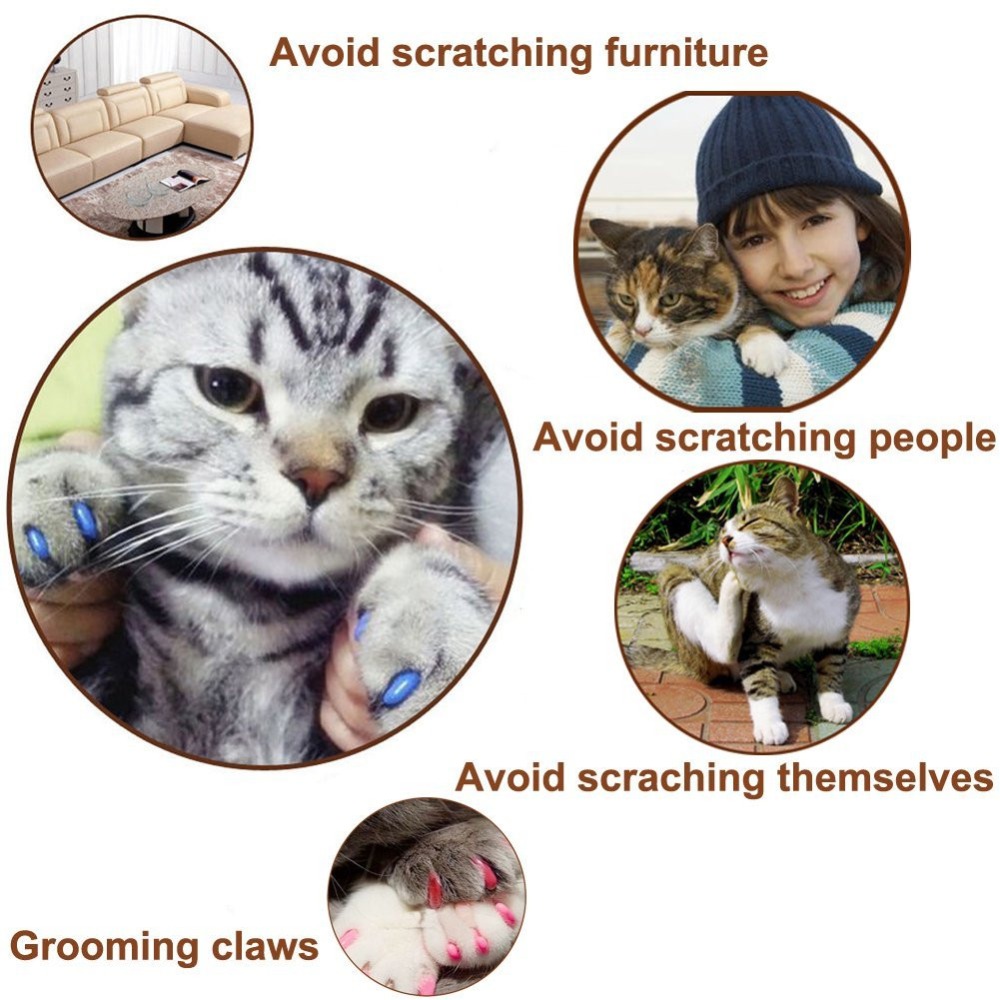Can Pallas Cats Be Pets? A Comprehensive Guide to Owning a Pallas Cat
Guide or Summary:IntroductionWhat Makes Pallas Cats Unique?Can Pallas Cats Be Pets? The Pros and ConsOwning a Pallas Cat: Care RequirementsIntroductionThe P……
Guide or Summary:
- Introduction
- What Makes Pallas Cats Unique?
- Can Pallas Cats Be Pets? The Pros and Cons
- Owning a Pallas Cat: Care Requirements
Introduction
The Pallas cat, also known as the Manul, is a fascinating and elusive wild feline that inhabits the mountainous regions of Central Asia. With their striking appearance, ranging from a sandy color to a strikingly beautiful white, they captivate the hearts of many. Often mistaken for a miniature version of the Siberian tiger, these adorable creatures have sparked interest among potential pet owners. But can Pallas cats be pets? This comprehensive guide delves into the intricacies of owning a Pallas cat, exploring their unique characteristics, care requirements, and the challenges involved in keeping these rare and beautiful animals as pets.
What Makes Pallas Cats Unique?
Pallas cats are part of the Felidae family and are closely related to domestic cats, although they are not typically bred for companionship. Their distinct features, including their small size, round face, and tufted ears, make them stand out from other cat breeds. Pallas cats are known for their exceptional hunting skills and are excellent climbers and diggers. They are also renowned for their striking fur, which varies from a light sandy color to a pure white. This diversity in color adds to their allure and makes them a sought-after breed for those interested in owning a Pallas cat as a pet.

Can Pallas Cats Be Pets? The Pros and Cons
While owning a Pallas cat as a pet can be an incredibly rewarding experience, it is important to weigh the pros and cons before making a decision. The pros include their playful and curious nature, making them excellent companions. Their unique appearance and fascinating behavior can also provide a sense of novelty and excitement. However, the cons cannot be overlooked. Pallas cats are wild animals and require specialized care, including a larger living space, a varied and nutritious diet, and regular veterinary check-ups. They also have specific behavioral needs that may not be met in a typical household setting.
Owning a Pallas Cat: Care Requirements
Owning a Pallas cat requires a significant commitment and understanding of their specific care needs. Here are some key considerations:
1. Living Environment: Pallas cats need ample space to explore, play, and exercise. A spacious indoor enclosure with climbing structures, scratching posts, and hiding spots is essential. It is also important to ensure that the living area is secure and free from potential hazards.

2. Diet and Nutrition: Pallas cats require a balanced diet that includes high-quality protein, essential fatty acids, and vitamins. It is essential to consult with a veterinarian to determine the appropriate diet and feeding schedule for your Pallas cat.
3. Veterinary Care: Regular veterinary check-ups are crucial for maintaining the health and well-being of your Pallas cat. Vaccinations, parasite control, and dental care are essential components of their care routine.
4. Behavioral Training: Pallas cats are intelligent and can benefit from behavioral training and socialization. Positive reinforcement techniques can help to foster a strong bond between you and your Pallas cat.

Owning a Pallas cat as a pet is a significant commitment that requires careful consideration and a deep understanding of their unique needs. While Pallas cats can be excellent companions and provide a sense of novelty and excitement, they require specialized care and attention. By providing a suitable living environment, a balanced diet, regular veterinary care, and behavioral training, you can create a fulfilling and rewarding experience for you and your Pallas cat. Remember, the decision to own a Pallas cat as a pet is a serious one, and it is important to ensure that you are prepared for the responsibilities that come with owning such a unique and beautiful animal.